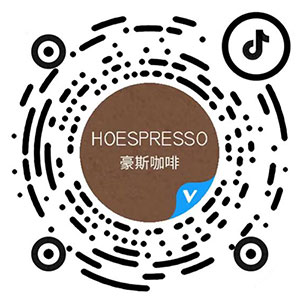As one of the world’s top three beverages, coffee has developed a solid cultural connotation. Different countries have different dietary habits, regional cultures and living customs, and coffee has a different charm when integrated. In this issue, we take a look at the coffee cultures from different countries.

In Europe, coffee culture can be considered a very mature form of culture. From the introduction of coffee to the continent to the emergence of Europe’s first cafés, coffee culture has developed at an extremely rapid pace and has shown great vitality.
The Italian people have a passion for coffee, which has become the most essential and important element of their lives. The first thing Italians do when they wake up is to make a cup of coffee. Both men and women have a cup of coffee in their hands almost from morning to night.
French people drink coffee is not about the quality and taste of the coffee itself, but about the environment and mood of drinking coffee, which shows an elegant interest, romantic style and poetic realm, just like those beautiful and moving works of art in the Louvre.
Americans drink coffee like a game that does not require rules. Americans drink coffee freely, but it is also deeply rooted in their lives, to the extent that it is not a life without it. Whether at home, in the office, in public or in a roadside vending machine, Americans can’t live without coffee 24 hours a day. This is one third of the world’s coffee production and is the largest consumer of coffee in the world.
Many people criticise American-style coffee for being bland and really unpleasant to drink. In fact, coffee lovers across the United States can still enjoy their favourite coffee flavours with a little effort. Americano alone is divided into two main categories of strength, with the East Coast of the USA being stronger than the West Coast and the South being stronger than the North. In recent years, the increasing emphasis on healthier eating has led to an increase in the sale of caffeine-free coffee, and the trend of drinking coffee without sugar is becoming more common.
In the ancient Middle East, coffee is like the legendary myth of the Thousand and One Nights, a veiled lady with a thousand faces who helps to bring God closer and is a refreshing fountain to wash away sorrows. It is impossible to talk about coffee without mentioning Middle Eastern (Turkish) coffee, because whether we talk about its origins from a Muslim or Christian standpoint, its homeland is in the distant and mysterious mountains of the Middle East. Traditionally, Turkish coffee is made by roasting hot and black coffee beans into a fine powder, putting them, together with sugar and cold water, into a red brass spoon like coffee brewer (IBRIK), which is slowly brewed over low heat.
Arabs drink coffee slowly and methodically, and they even have an elaborate coffee ceremony, just like the Chinese tea ceremony, in which coffee is not only burned, but also spiced and smelled, and the wide range of coffee pots is full of heavenly flavours. A cup of Middle Eastern coffee with cloves, cardamom and cinnamon, when served hot, fills the room with fragrance, so it is no wonder that the Arabs praise it: musky and soul-stirring.





